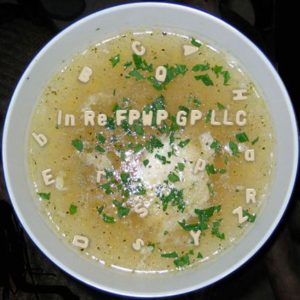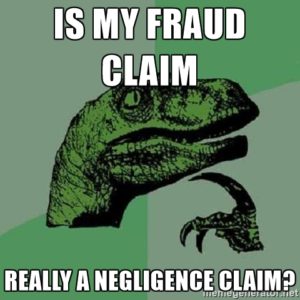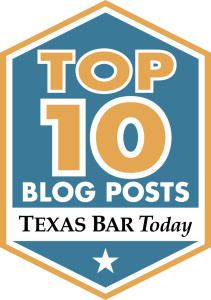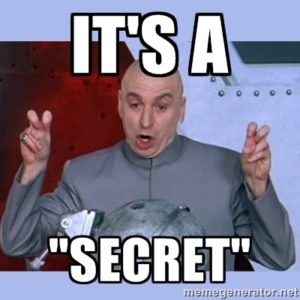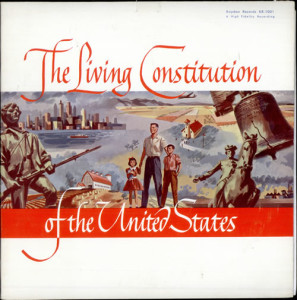In Baxter & Associates, LLC v. D&D Elevators, Inc., No. 05-16-003300-CV (Feb. 15, 2017), the plaintiff appealed from the denial of a temporary injunction against former employees and the company they formed. The plaintiff alleged that the former employees took trade secrets, namely a list of builders with projects potentially including elevators, in violation of their fiduciary duties and the Texas Uniform Trade Secrets Act (“TUTSA”).
After a two-day hearing, the parties received a signed order denying the request for temporary injunction, which was attached to an email from the court administrator stating, “The Court makes the following rulings: … I do find that trade secret as to existing jobs or bids was obtained… [but] there is an adequate remedy at law….” The plaintiff requested findings of fact and conclusions of law, and filed a motion for reconsideration based on its argument that it did not need to show no adequate remedy at law under TUTSA to obtain injunctive relief. The trial court did not sign any findings of fact or conclusions of law, and the plaintiff appealed without filing a notice of past due findings and conclusions of law.
The first issue addressed by the court was procedural—whether the statement contained in the court administrator’s email stating the existence of trade secrets was a finding of fact. The Court of Appeals held it was not, in part because at a subsequent hearing the trial court stated that it had not made such a finding. Although the plaintiff formally requested findings of fact and conclusions of law, it failed to file a notice of past due findings and conclusions of law pursuant to Rule 297. Thus, the Court of Appeals held there were no findings of fact or conclusions of law, that any error for the failure to make such findings was not preserved, and implied a finding that the plaintiff had not shown the existence of a trade secret.
The Court went on to hold that there was evidence that would have allowed the trial court to conclude that the list of projects was not a trade secret because the information could be publicly identified, and therefore would not “derive[] independent economic value, actual or potential, from not being generally known….”
Baxter & Associates, LLC v. D&D Elevators, Inc., No. 05-16-003300-CV (Feb. 15, 2017)

